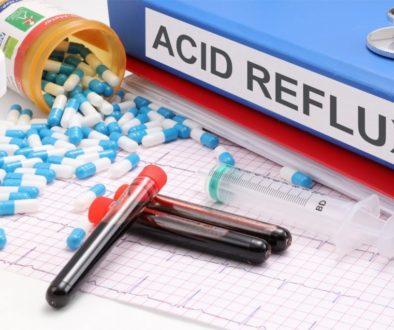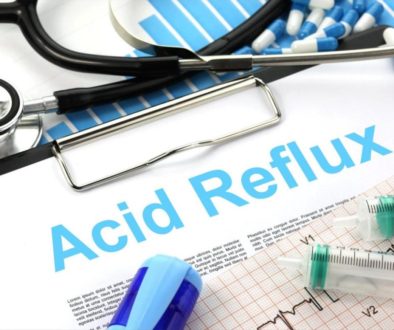The Problem Of Acid Reflux In Babies
[widget id=”ad_unit-350545258″]Ad Widget: Generic – 468×60 Banner[/widget]
Acid reflux in babies occurs when stomach contents come back up to the esophagus. This takes place during or after a meal and is quite painful because of the acidity of the stomach contents and the amount of actual stomach acid that will be present in the throat. The discomfort for this condition in adults is significant, so imagining the results of acid reflux in babies is incredible painful as well. For this reason, it is important to know the symptoms of acid reflux in babies so that it can be treated and so that the child can be comforted when it does, in fact, occur.
Acid reflux affects almost half of all infants at some point and time in their infancy. It is quite a normal part of growing up and developing for many infants and should not necessarily be looked at as a threat to health unless other symptoms accompany those of acid reflux. Information is key here, so remember to keep in mind the facts of acid reflux in babies before you begin to go into panic mode. It may be difficult to remember the fundamentals, but with a little help you can save yourself hours of grief and worry over something that is a very normal part of development in infants and babies.
The Symptoms
The symptoms of acid reflux in babies are broad and numerous, but they all function under the same basic “watchful eye” principle. If these symptoms get out of hand or become unreasonably frequent, it is time to consult a proper physician and have your child examined for other possible problems that may be related to acid reflux or any other gastro effect from digestive system disorders. This is vitally important as it could, in the long run, have a damaging effect on your child’s digestive system and how he or she functions around food in general. It could have psychological effects as well.
Spitting, vomiting, coughing, general irritability, and poor feeding habits are all a part of the acid reflux equation. It is important to remember that these symptoms may not necessarily exhibit to be acid reflux in babies, but that they are signs that something is happening in the overall digestive system of the child and it probably deserves some adequate information and attention. It is important to not get carried away with it, but at the same time nothing should go unchecked.

